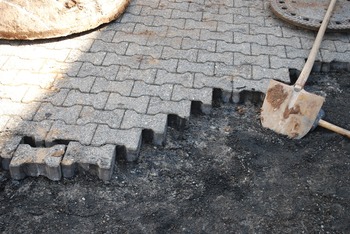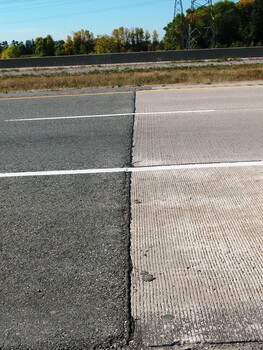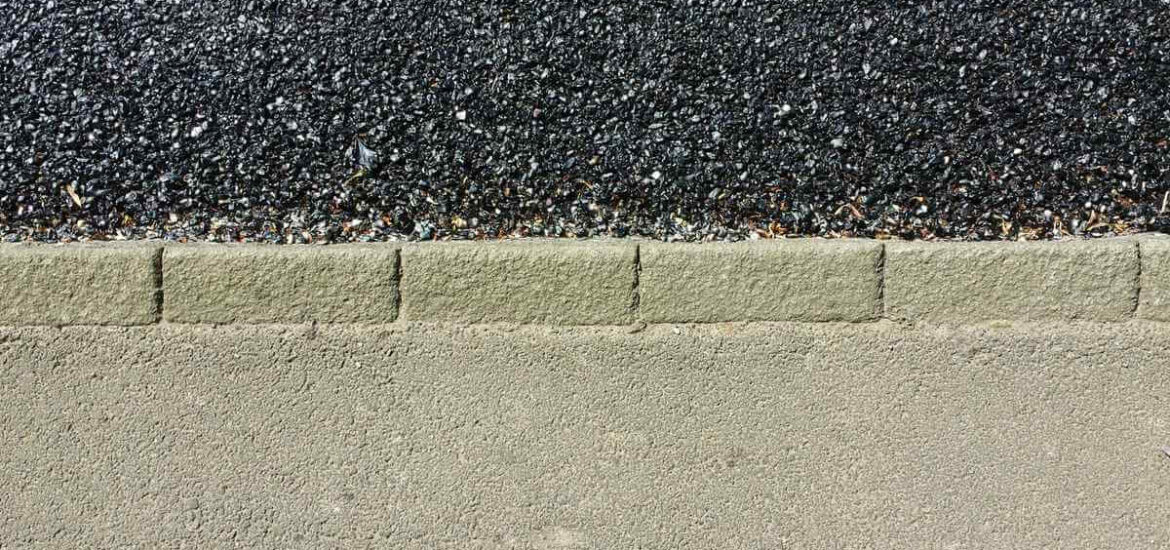When it comes to constructing a new driveway or parking lot, one of the most critical decisions you’ll face is choosing between concrete and asphalt. Both materials have their own set of advantages and disadvantages, and understanding the differences between them can help you make an informed decision. In this article, we’ll compare concrete and asphalt in terms of durability, maintenance, cost, and environmental impact to help you determine which is the best choice for your project.
 Durability
Durability
Concrete is known for its exceptional durability, with a lifespan of up to 30 years or more when properly maintained. It is highly resistant to cracking and can withstand heavy loads, making it ideal for driveways and parking lots. Asphalt, on the other hand, is less durable and typically has a lifespan of 10 to 20 years. It is more prone to cracking and damage from heavy vehicles, requiring more frequent repairs and maintenance.
Maintenance
Concrete requires less maintenance than asphalt, as it is less susceptible to damage from oil spills, UV rays, and heavy traffic. However, concrete can develop cracks over time, which may require sealing or repairs to prevent water infiltration. Asphalt, on the other hand, requires regular maintenance, including sealing and periodic resurfacing, to prevent cracks and potholes from forming.
 Cost
Cost
In terms of initial cost, asphalt is generally less expensive than concrete. However, when considering the long-term costs, concrete may be more cost-effective due to its lower maintenance requirements and longer lifespan. Additionally, concrete can increase the value of your property, making it a more attractive option for homeowners looking to invest in their property.
Environmental Impact
Concrete and asphalt both have environmental impacts, but concrete tends to have a slightly larger carbon footprint due to the energy-intensive process of manufacturing cement. Asphalt, on the other hand, is a byproduct of the oil refining process, making it a more sustainable option. Additionally, asphalt can be recycled and reused, further reducing its environmental impact.
Conclusion
Choosing between concrete and asphalt for your driveway or parking lot depends on a variety of factors, including durability, maintenance, cost, and environmental impact. While concrete is more durable and requires less maintenance, asphalt is less expensive and more environmentally friendly. Ultimately, the best choice will depend on your specific needs and budget. By weighing the pros and cons of each material, you can make an informed decision that will ensure the longevity and functionality of your driveway or parking lot for years to come.

